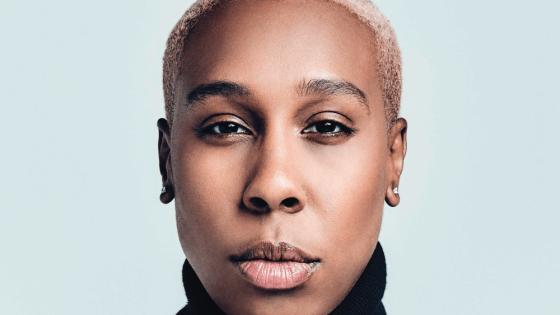When Variety broke down the 100 greatest TV shows of all time late last year, 12 creators were invited to discuss the series that inspired them. Among those welcomed was Lena Waithe, who didn’t waste a beat to credit “The Cosby Show” spinoff, “A Different World,” for sparking her early interest and getting her creative juices flowing.
“When it came time to name my production company, Hillman Grad just felt right,” Waithe says of the fictional college in the sitcom. “It represented a lot about who I was and how ‘A Different World’ was so inspirational to me as a writer, as a kid, as a person. It just made sense.” On June 29, Waithe will be honored with the Variety Creative Conscience Award at the 48th San Francisco International LGBTQ+ Film Festival (Frameline48) for her work and for helping directors tell their stories.
“The Chi” is one of the many projects under Waithe’s Hillman Grad banner. This season, the Showtime drama features Kadeem Hardison (“A Different World’s” Dwayne) as a college professor.
For Waithe, who is also the show’s creator, casting Hardison “is the things dreams are made of.” Says Waithe, “I didn’t even dream it. I didn’t think it was something that could ever happen.”
Hardison and Waithe had been friends and had mentioned in passing the possibility of him joining the show — but then the writers strike happened. Once the labor dispute was over, she brought up the idea and made it happen. “He’s a professor and a mentor. He’s not going to be a villain,” Waithe laughs.
Over the past year, “Being Mary Tyler Moore,” “Kokomo City” and “A Thousand and One” were among Hillman Grad’s other projects. Waithe’s personal mission is to use her power and voice to uplift essential queer, trans and Black stories. Other times, it’s about supporting a vision. “We don’t want to tell somebody, ‘This is what we need it to be.’ We really want to ask the filmmaker, ‘What do you need?’”
Hillman Grad’s goal is to make sure that art reaches the audience it was intended for — especially if that audience is in a marginalized group — but also to make it successful in terms of what a filmmaker’s vision of success is. “The industry doesn’t really know how to market to them. They don’t know how to get the work to the people that actually need to see it. And oftentimes, that’s something that we really work hard at,” she continues, noting “we want to make sure the product is beautiful and interesting. But we also want to make sure that the promo campaign is right.”
Waithe does not define success by where a movie ranks in the Top 10, much less opening at No. 1. Rather, she looks at the big picture. “I want filmmakers to feel, ‘I made a movie I can stand by, and I’ll continue to stand by it 20 years from now, and it’ll garner me new opportunities.’ Or these people met on that set, and now they’re working together. That, to me, is a real form of success.”
It’s been a decade since the first film Waithe produced, “Dear White People,” was released. Looking back, she acknowledges that she didn’t know about budgets, line producers or heads of departments.
But she did know that the film’s director Justin Simien was the top of the pyramid. “I was like, ‘I gotta make sure he feels supported.’”
She has evolved over the years, learning something new as she goes from one project to the next. “I now know that it’s just my job to understand what that director needs, and it’s for me, as a producer, to make sure I can show up in that way,” says Waithe.
Source Agencies


